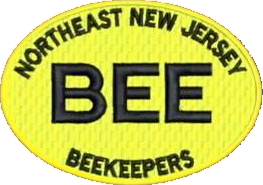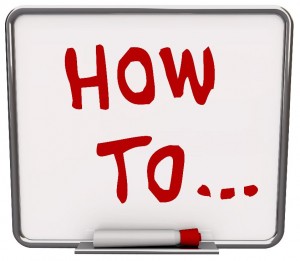By Frank Mortimer
1) Pulling honey frames:
A) Always Smoke Your Bees: This should be a no-brainer. Bees release a pheromone when they are afraid/fear the hive is under attack. Smoke blocks this pheromone from being detected by the bees. If bees can’t smell it, they don’t get defensive, therefore always use smoke.
B) Pull early morning and before the dearth. Bees are more protective of their honey when there is no nectar flow. It’s always best to pull your honey supers off in the morning, and never mid-day when every forager is out looking for food.
C) When pulling honey use bee escapes and fuming boards with bee gone (a bee friendly almond spray). Do not bang frames to remove the bees. Place the bee escapes two days in advance and block off inner cover entrance. When pulling the boxes use a fume board with the bee gone spray or just a dish rag sprayed with it. Let it sit for 5 minutes and remove the super.
D) Don’t pull frame by frame. Remove the entire super and immediately get into a covered box or wrap in a damp sheet. Always have hive covered with bee escape or inner cover. When you are pulling your honey supers, you want to always minimize how long your honey supers are exposed and out in the open. When there’s no other food available and you have frames of honey lying out in the open, you have created a recipe for a sure-fire disaster. When you pull your supers, get them out of your apiary and inside as quickly as you can.
E) Never have several hives opened at once, and never leave frames of honey sitting out where they will activate the bees’ instinct to start robbing everything in sight.
F) Spin indoors
G) Do not let bees clean up equipment. Wash all tools and extractor immediately following extraction.
H) If your colony gets defensive at any time close it up and call it a day.
2) If Your Hive Is Overly Defensive Tell Someone: If
something does not seem right with your bees, tell an officer of the club or your mentor. If your bees seem like they are always buzzing, or stinging you or others, then you need to speak with someone on how to find a solution. In this month’s Bee Culture Magazine, James Tew wrote about an overly defensive hive in his backyard apiary and how he moved it to a remote location for the sake of his neighbors. If you are keeping bees, then it is your responsibility to always be a good neighbor.
4) Be Careful Where You Get Your Queens: If you’re ordering queens through suppliers from other parts of the country, you need to make sure your source is not too far south where bees with Africanized traits are more common. It is important to always think about the likelihood of introducing bees that are overly defensive into our area, so always be diligent about where you are sourcing your bees.
3) Maintain a water source so your bees don’t seek out a neighbor’s pool or pond. Once they find another source it’s almost impossible to stop them from using it.

